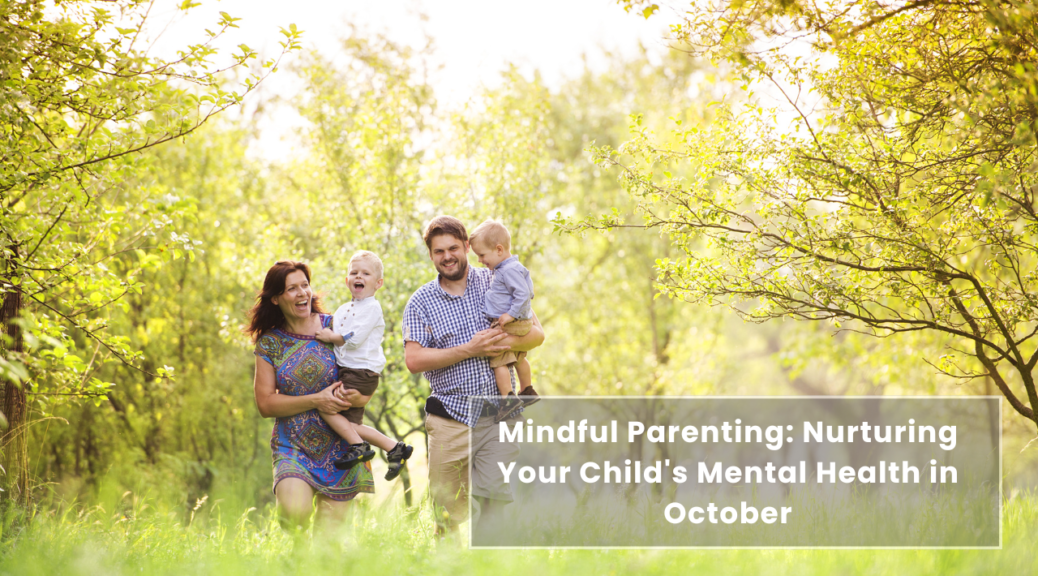Have you ever noticed how a heartfelt conversation with a loved one can lift your mood? Secure relationships provide emotional support, reduce stress, and help us navigate life’s challenges.
When we feel connected to others, we experience a sense of safety and stability that directly impacts our mental well-being. This blog will explore the importance of healthy relationships for mental health and how that can help us heal and thrive.
The Importance of Healthy Relationships for Mental Health
Healthy relationships play a fundamental role in our overall mental well-being. They provide us with a sense of belonging, reduce stress, and contribute to emotional resilience.
When we cultivate strong connections, we create a support system that enhances our ability to cope with life’s ups and downs.
Emotional Support and Sense of Belonging
Humans are wired for connection. Strong relationships give us a sense of belonging, making us feel valued and understood. When we share our joys and struggles with trusted individuals, we feel less isolated.
Maintaining close connections protects mental and brain health, keeping us sharper and happier as we age. Having someone who listens without judgment can be the difference between feeling overwhelmed and feeling supported.
Reduction of Stress and Promotion of Mental Resilience
Life’s challenges can feel overwhelming, but having a supportive network makes them easier to bear. Secure relationships provide comfort and reassurance in tough times. A strong support system—including friends, family, or a partner—reduces stress and fosters resilience.
Knowing we’re not alone helps us face difficulties with strength and hope. Individuals with secure relationships tend to have lower levels of cortisol, the stress hormone, which directly benefits their overall health.
Emotional Support and Its Healing Effects
Emotional support plays a crucial role in maintaining good mental health. It can alleviate anxiety, reduce depression, and create a space where individuals feel heard and valued.
Alleviation of Anxiety and Depression
Emotional support is a powerful antidote to anxiety and depression. When we face difficult emotions, having someone to lean on provides relief. Nurturing relationships help lower these feelings, providing stability during tough times.
A simple conversation, a hug, or even just knowing someone cares can significantly improve our mental well-being. Emotional support offers a buffer against stress, reducing the likelihood of experiencing prolonged periods of anxiety or depression.
Sharing Feelings Leading to Emotional Healing
Bottling up emotions can intensify stress, but opening up to trusted individuals brings relief. Talking about our struggles fosters emotional healing and strengthens bonds. When we express ourselves, we feel validated and understood, making it easier to process difficult emotions.
Healthy communication in relationships allows us to express feelings freely and build deeper connections. Whether through therapy, friendships, or family discussions, sharing our experiences helps lighten our emotional burdens.
Building and Maintaining Secure Relationships
Developing strong relationships requires ongoing effort, communication, and mutual understanding. We can build and sustain meaningful connections that contribute to our mental health by implementing some of these positive habits;
Effective Communication and Empathy
Good communication is essential for healthy relationships. Active listening, honest expression, and empathy strengthen bonds. When people feel heard and understood, their emotional well-being improves.
Open communication fosters trust and reduces misunderstandings, allowing relationships to flourish. Practicing active listening, validating feelings, and being mindful of tone and body language can enhance the quality of our relationships.
Consistency, Reliability, and Mutual Respect
Strong relationships require consistency and respect. Keeping promises, being present, and treating others with kindness nurture lasting connections. Recognizing and addressing unhealthy relationship patterns is crucial for mental well-being. When relationships are built on reliability and mutual respect, they provide a stable foundation for emotional and psychological growth.
The importance of healthy relationships for mental health cannot be overstated. Secure relationships provide emotional support, reduce stress, and promote healing. By building trust, practicing empathy, and prioritizing meaningful connections, we enhance our well-being and lead happier, healthier lives. Investing in relationships isn’t just good for the heart—it’s essential for the mind, too. Whether through close friendships, family bonds, or romantic partnerships, the presence of secure relationships can significantly impact our emotional resilience and overall life satisfaction.
How CCHC Can Support Your Mental Well-Being
Building and maintaining secure relationships is essential for mental health, but sometimes, professional support is needed to navigate challenges and foster deeper connections. The Center for Connection, Healing, and Change (CCHC) takes a holistic and interdisciplinary approach, integrating psychotherapy, neuroscience, mindfulness, and meditation to promote emotional well-being.
CCHC specializes in strengthening relationships and supporting individuals dealing with anxiety, depression, self-worth issues, trauma, stress management, emotional regulation, and more. Whether you’re looking to improve communication, heal from past experiences, or build resilience, our expert therapists offer compassionate, trauma-informed care for couples, families, children, teens, and adults.
If you’re ready to invest in your mental health and relationships, schedule a free consultation today or visit our offices in Woodbridge or Fairfax.





